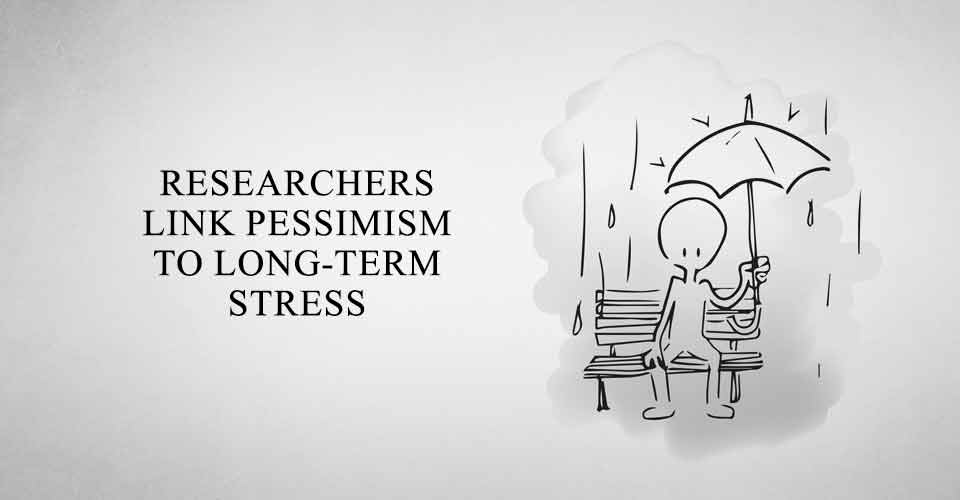Nurture versus nature: It’s the classic debate of personality psychology.
Does our world shape us into who we are?
Or does our innate personality determine the life we create?
Like most students of psychology, I believe the truth lies somewhere in the middle. We are born with certain traits and aptitudes. Our interactions with the world may reinforce them, or change them drastically. In the end it can be hard to tell where an ingrained personality trait ends and society’s influence begins.
Many modern life-improvement strategies employ a manifestation principle. Sometimes this is called the Law of Attraction or the Power of Positive Thought. This dictates that if we believe something will happen, it will become so. The more strongly we believe in our goals, the more effectively we will work towards them on both a conscious and an unconscious level.
According to a study published in the Journal of Research in Personality, this principle may be at work on an even more internal level. Researchers found a strong correlation between long-term stress and a pessimistic outlook. Of course, I believe that both nurture and nature are at play here. On one hand, it is likely that pessimism might cause a person to experience stress more deeply. In turn, as they experience more stress, their penchant for pessimism will grow. This outlook will cause them to identify and internalize more stress than an optimist might.
The study authors are quick to point out, however, that correlation does not necessarily imply causation. With pessimism and stress come a whole lot of other factors. Age, family status, social expectations, life events, race, socioeconomic status, level of education, and a million other unique traits can influence both of these factors. The dynamic above may well be at play – but so can thousands of others.
It is also important to notice the type of stress studied in this case. The stress these researchers were looking for – long-term stress – is not the kind we might experience in a simple fight-or-flight scenario. Rather, it builds over time. It’s the stress of cultivating a challenging career. It’s the stress of caring for an aging relative. It’s the stress of paying a mortgage, raising children, or pursuing a graduate degree. It’s the kind of stress seen in high achievers and in type-A personalities.
This type of stress is not without payoff. It’s often tied to academic and career success. It comes from caring deeply about a set of goals and working hard to reach them. People who experience this dynamic are not likely to stop striving for excellence – and they shouldn’t. However, they need to be conscious of their mental and physical health as they do so.
If you have someone in your life who exhibits these traits, there are things you can do to help.
Encourage them to take breaks. Allow them to vent to you when tensions run high. Offer a sense of perspective when it comes to small failures that seem large in the moment. Emphasize the importance of family, hobbies, and friends. Most of all, make sure they don’t lose sight of how amazing their accomplishments already are. Celebrate the glory of each one, even if they seem small.



